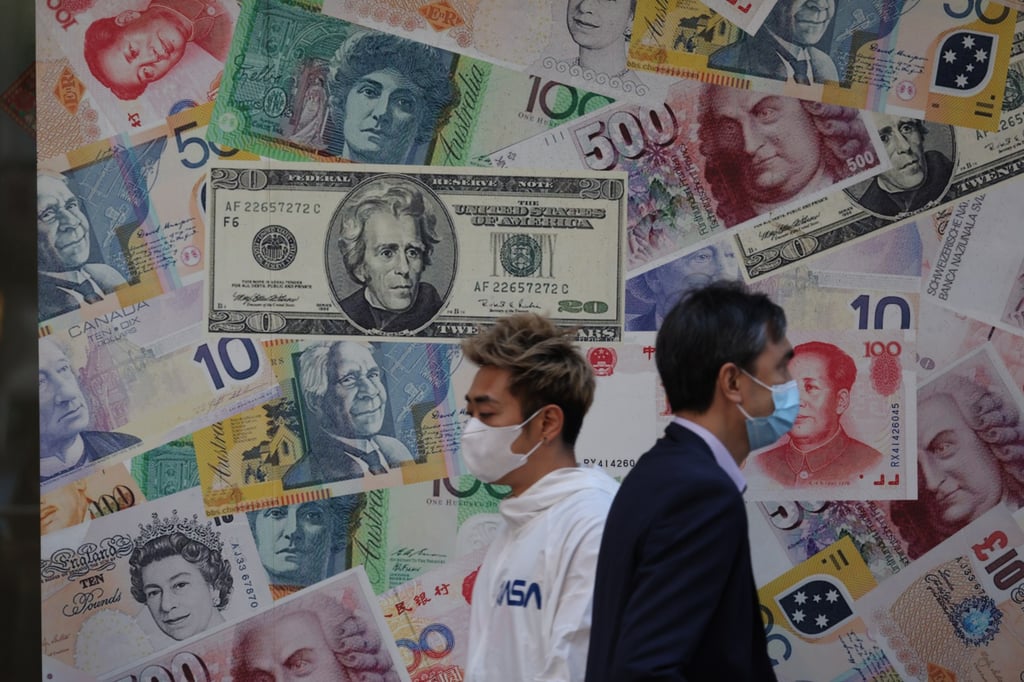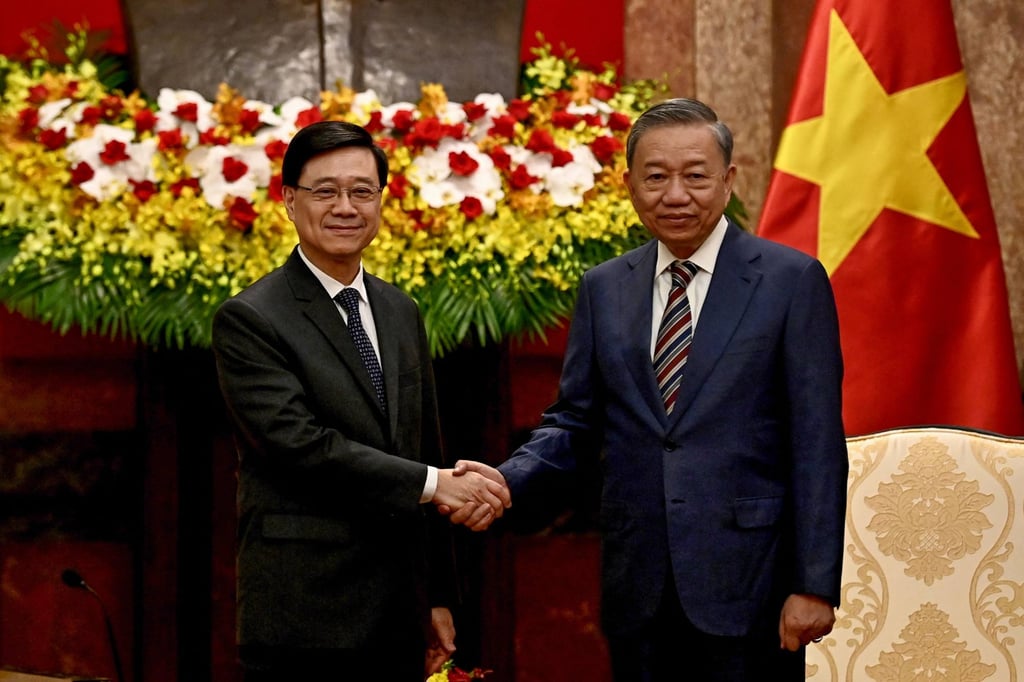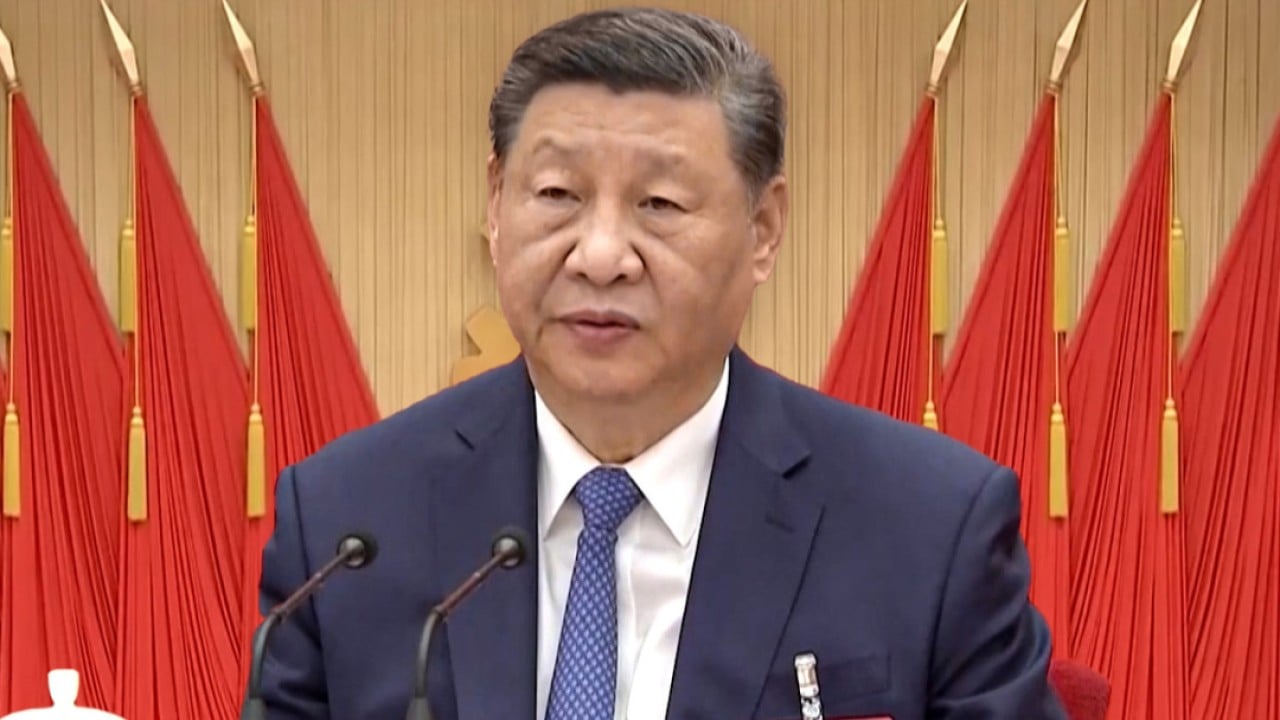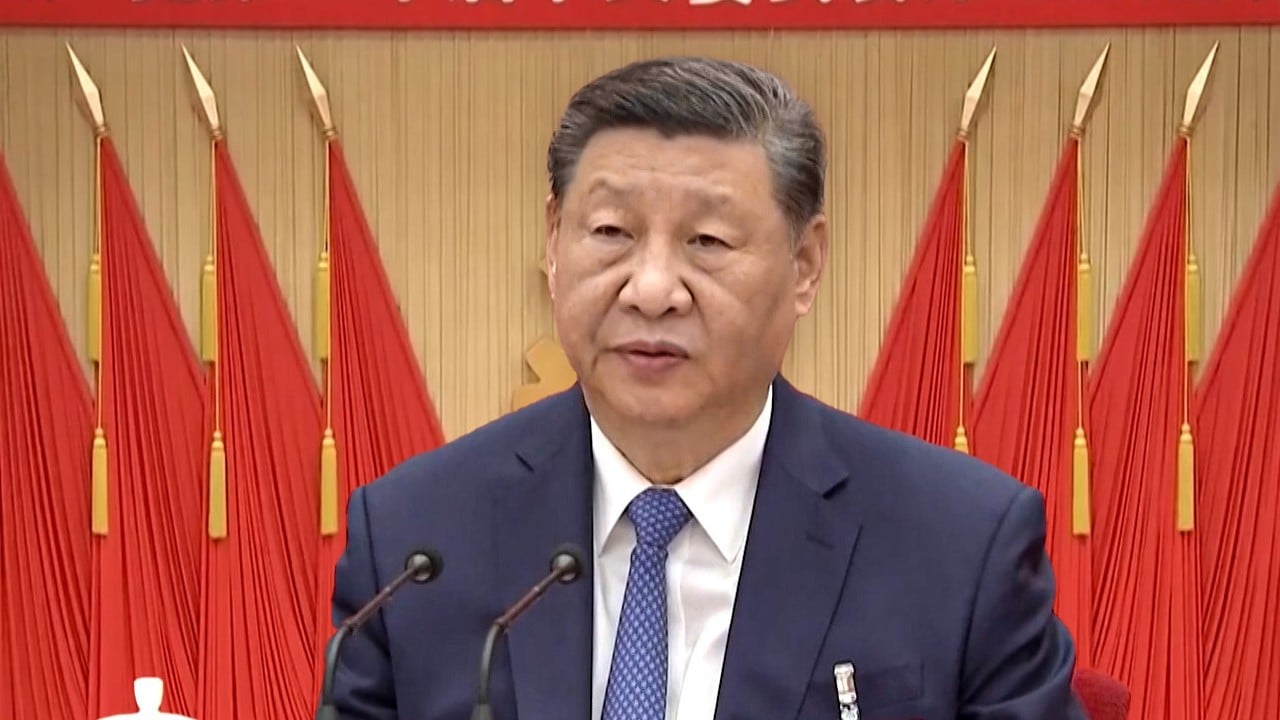The third plenum of the Communist Party of China’s 20th Central Committee, which concluded on July 18, provided a clear long-term development plan for the country over the next five years and beyond. Comprehensive in scope, large in scale, broad and deep in reach and consequential in all respects, the plenum’s visionary grand design has promising implications for Hong Kong.
Reform is central to the plenum and road map, as it has been since setting the country on an impressive growth trajectory more than four decades ago. The word “reform” is mentioned more than 140 times in the resolution adopted by the Central Committee, alongside new strategies to achieve “high-quality development”.
The blueprint reaffirms the nation’s commitment to comprehensive reform and opening up. It provides a road map through economic and financial directives as well as outlining policies related to important social issues including people’s well-being, healthcare, ecological conservation, social governance, national security and party leadership. More than 300 reform measures have been stipulated for implementation in the next five years.
Hong Kong has all the desired qualities and strategic advantages needed to play an integral role in the deepening of the nation’s reforms and make greater contributions to its modernisation. This was highlighted in President Xi Jinping’s recent reply to Hong Kong entrepreneurs with roots in Ningbo who had written to him. It is a recognition of the contributions of Hong Kong’s business community, and also serves as a wider call for all in the city to contribute more to the country, which will require the engagement and participation of all sectors.
Hong Kong needs to go further as the nation embarks on a new phase of growth. We need to serve as both a superconnector and a super value-adder linking the mainland with the rest of the world to bring in talented people, know-how and capital.
The resolution adopted at the third plenum contains four articles specifically laying out tasks for the city. They are Articles 19, 27, 28 and 32, under the headings of “improving mechanisms for implementing the coordinated regional development strategy”, “optimising the layout for regional opening up”, “refining the mechanisms for high-quality cooperation under the Belt and Road Initiative” and “building a united front”.
These play to Hong Kong’s strengths while consolidating the city’s status as an international centre of finance, shipping and trade, as well as a global hub of high-calibre talent as the country embarks on the next phase of reform and sustainable growth. Hong Kong can play a critical role by investing in new technologies, raising capital and enhancing education, academic research and even sports development.
Chief Executive John Lee Ka-chiu has pledged that Hong Kong will do its part to contribute to the nation’s modernisation. He summed up that pledge by saying, “Hong Kong should firmly grasp the enormous opportunities brought by the country’s further and comprehensive deepening of reforms in advancing Chinese modernisation. Hong Kong should continue to leverage its unique advantages of enjoying strong support of the motherland and being closely connected to the world and its important role in deepening reforms of the country, better integrating into the national development thereby.”
As a leading international financial centre, Hong Kong can offer the desired expertise in various areas outlined in the reform agenda. These range from fintech to connecting domestic and overseas financial markets. In particular, Hong Kong’s well-established financial system and international standing can bolster growth of offshore renminbi markets. The city has the world’s largest deposit pool of offshore yuan and a diverse array of mainland wealth management products.

In an era of rapid technological advancement, Hong Kong must further pursue industrial transformation and upgrading with “new quality productive forces” as a major driving force. The city’s acclaimed educational institutions can strengthen collaboration with internationally renowned universities and companies. Doing so would help achieve breakthroughs in fields such as artificial intelligence and biotechnology, fostering technology transfer and commercialisation to encourage greater collaboration in the Greater Bay Area.
Hong Kong possesses a deep wealth of know-how and talent that could be deployed in promoting foreign trade, foreign investment, the Belt and Road Initiative and international arbitration. These areas are all emphasised in the blueprint and position the city to leverage the country’s pursuit of new productive forces to attract and support technology firms in the Greater Bay Area.
Hong Kong also needs to tap into growth areas such as Southeast Asia. The government is taking the lead in enhancing regional collaboration, as highlighted by the application for accession to the Regional Comprehensive Economic Partnership (RCEP) and the recent delegation led by Lee to Association of Southeast Asian Nations (Asean) members Vietnam, Laos and Cambodia.

The trip to the Asean states was a successful one, with 55 memorandums of understanding and agreements signed with the three countries. These cover a wide range of areas of cooperation, such as trade and economic partnership, investment, customs collaboration, education, cultural exchanges and tourism promotion. They will help strengthen Hong Kong’s network in Southeast Asia and attract support from the three countries for its bid to join the RCEP.
As the second-largest economy in the world, China has announced through the third plenum its strong determination to continuously improve its definition of “modernisation with Chinese characteristics”. Hong Kong, as China’s most international city with a proven “one country, two systems” framework, must take practical action to contribute to the nation’s reforms and opening up.
Daryl Ng is chairman of the Hong Kong-Asean Foundation



